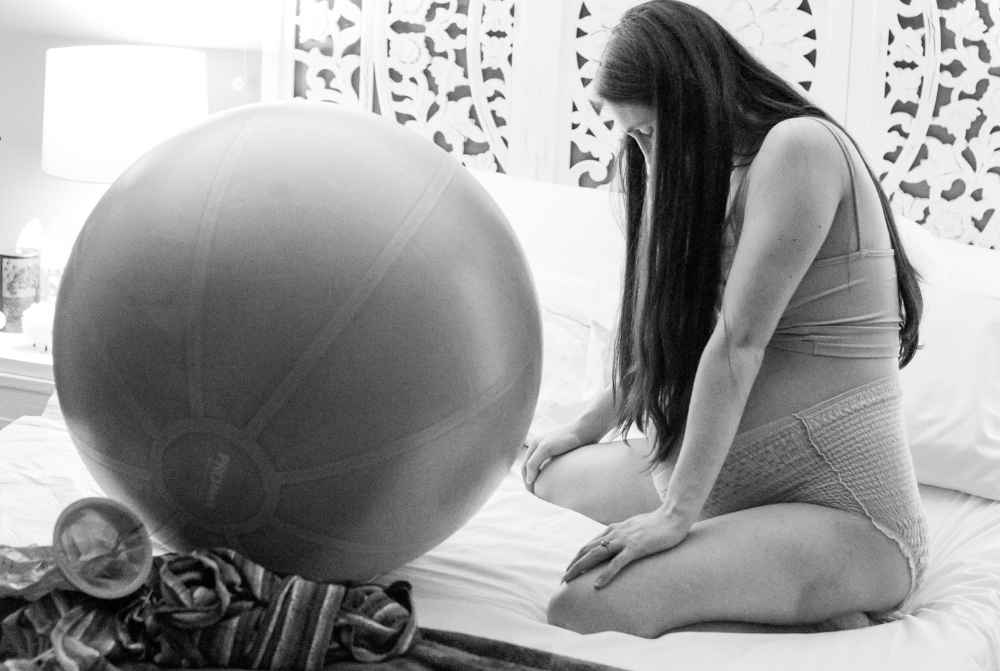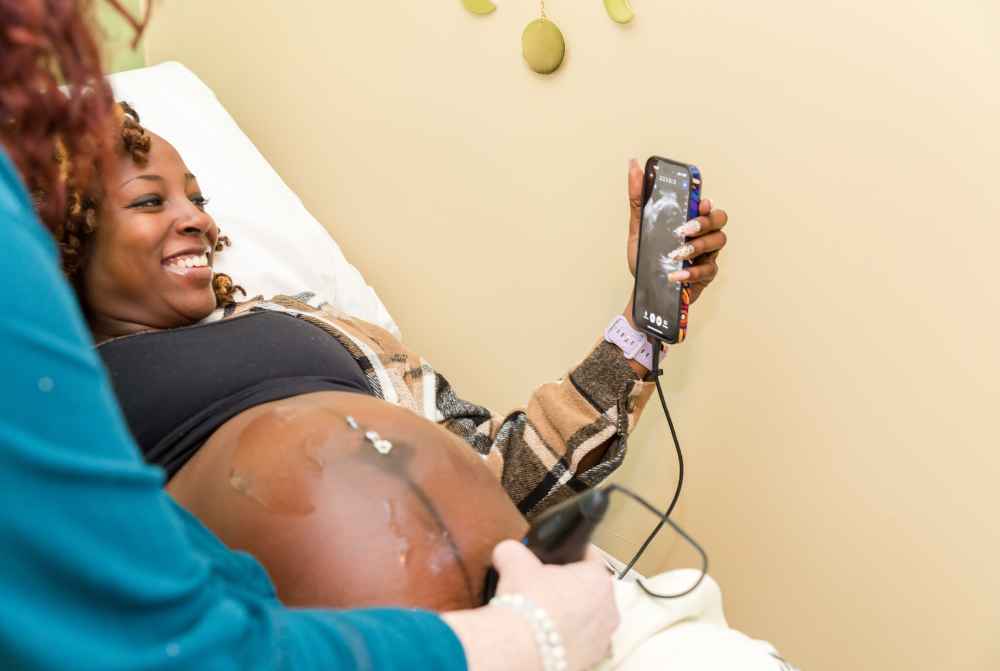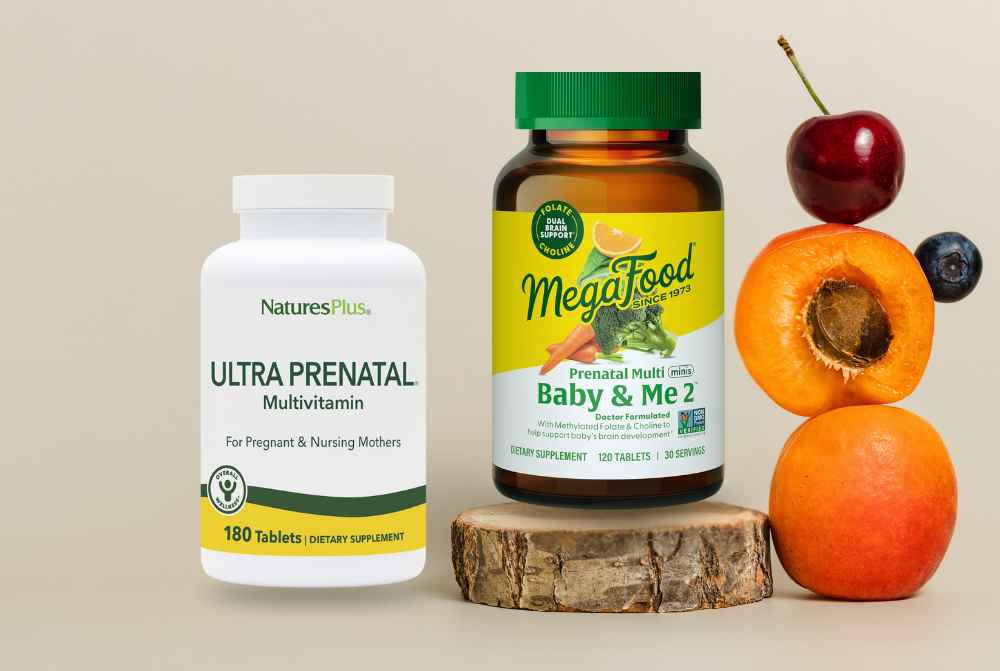Anemia and iron deficiency are an epidemic among menstruating women, but during pregnancy, both you and your baby are affected.
Recognizing anemia signs in pregnancy is vital for your well-being. As midwives, we want you to thrive during this pregnancy! Let’s dive into what anemia and iron deficiency are, how to recognize them, and why it’s essential for both you and your baby.
What is Anemia?
Anemia is a shortage of hemoglobin, which is found in red blood cells and carries oxygen throughout the body.
IRON is something your body needs to make hemoglobin. Iron is an essential nutrient, so you must get iron from your diet because your body can’t make it.
FERRITIN is a protein that stores iron in your body. Your body can use the “backup” iron that is stored in ferritin when it doesn’t get enough iron from the food you eat.
Think of hemoglobin as money in your pocket. You use it every day to do your everyday things. Ferritin is like your bank. It stores your iron, which is the savings account you need when the money in your pockets (hemoglobin) is low.

Why is Iron Important During Pregnancy?
Iron is essential during pregnancy because it supports the increased blood volume needed to nourish both you and your growing baby. If your iron levels are too low, your body can’t produce enough hemoglobin, which is vital for carrying oxygen to your tissues and your baby. This condition is known as iron deficiency anemia.
Your Baby Needs Iron Too!
Iron deficiency isn’t just about how you’re feeling—there are also concerns for your baby. Low iron levels can increase the risk of preterm birth, low birth weight, and developmental delays. Getting enough iron is crucial for your baby’s growth and development. They’re counting on you!
Anemia Signs in Pregnancy
So, how do you know if you might be iron deficient? Here are some common symptoms to watch for:
- Fatigue: Feeling unusually tired or weak, even after resting.
- Pale Skin: A noticeable paleness, particularly on your face or inside your eyelids.
- Shortness of Breath: Feeling winded after mild exertion.
- Dizziness or Lightheadedness: Especially when standing up quickly.
- Headaches: Frequent or persistent headaches can also be a sign.
- Pica: Craving non-foods, especially ice
If you’re experiencing any of these symptoms, it’s important to talk to your midwife. A few simple lab tests can tell us exactly where your ferritin, iron and hemoglobin levels are.
Feel Better Fast! Addressing Iron Deficiency for You and Your Baby
Fortunately, raising your levels of hemoglobin and ferritin is pretty easy. Talk to your midwife or OB about which of these suggestions might be right for you!
Add deep greens to your diet at every opportunity! Spinach and kale are your friends! Try 1-2 cups, preferably blended in smoothie
Add red meat, beef liver, eggs and beans to your diet
Cook in cast iron ( or buy an Iron Fish!)
Add chlorophyll or alfalfa supplement. Follow the directions on the bottle or box.

Iron supplements should always be taken every OTHER day, before 1 pm, away from calcium foods or supplements, and with around 200 mg Vit C to make sure you are getting the most absorption.
Recognizing and Treating Anemia Signs in Pregnancy
Iron deficiency anemia during pregnancy is common, but with the right care and attention, we can get you back to feeling vibrant and healthy. By recognizing the symptoms early and taking steps to boost your iron intake, you’re supporting your health and giving your baby the best start in life. Nourish to Flourish!





